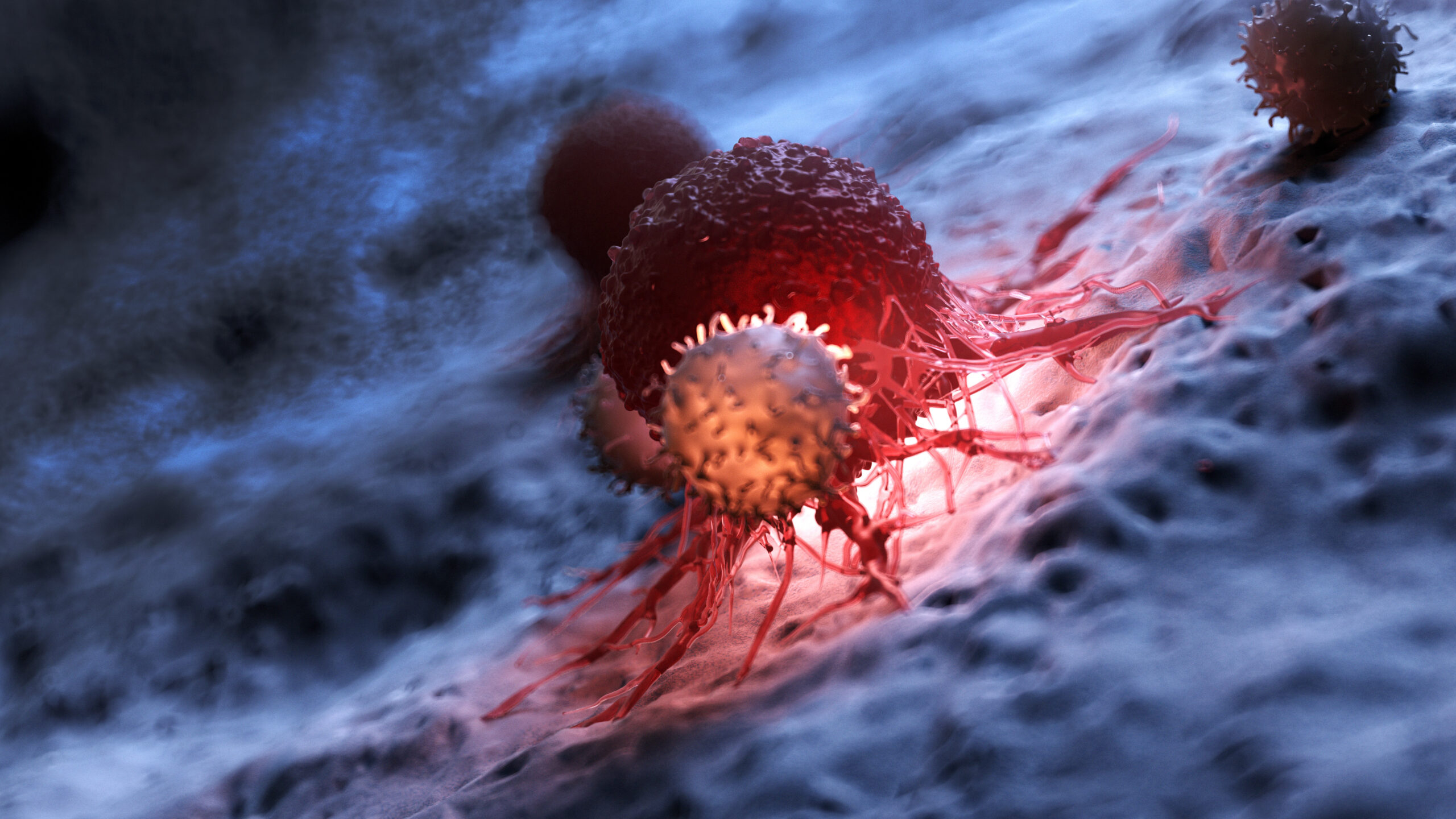Over thousands of years, the human body has developed complicated processes to isolate and eliminate foreign pathogens. The overall process is called the immune response and is a powerful defense for the body to remove harmful compounds. However, cancer cells and tumors have simultaneously developed ways to evade the immune response, which can let them survive in toxic environments and migrate across organ systems. Metastasis occurs when cancer spreads from the organ from which it originated. The process of metastasis is how doctors classify later stages of cancer and is correlated with more severe cases of the disease, including stage 4 cancer. One of the factors that can impact metastasis and cancer prognosis is known as chromosomal instability (CIN).
Embed from Getty Images
Chromosomes contain genetic material, the “code” for all necessary bodily functions.
Image Source: cdascher
CIN refers to a process in which chromosomes, structures that contain our DNA, become unstable. Specifically, it means that our cells either lose or gain chromosomes quickly, or the chromosome internal structures are rapidly changing. CIN has been studied in the context of cancer due to its relationship with the progression of cancer. CIN actively works to help tumors and cancer cells persist because of how it alters the normal immune response. Because of CIN, DNA strands lose their protection and can be left susceptible to damage from their environment. Subsequent interactions between the DNA and surrounding compounds can lead to the activation of other molecules involved in ramping up the immune response. However, as discussed above, tumor cells are very good at evading the immune response and surviving even when the immune system is activated. On some occasions, intentionally ramping up the immune system can even benefit the spread of tumor cells. The exact mechanism by which this occurs is unknown, and it is an active area of investigation. This is exactly what a global group of researchers set out to study.
Specifically, the researchers found that in tumor cells with CIN, there are specific reactions that allow them to suppress the immune response and actually use some of the immune system processes to increase the spread of cancer across the body. Now that the details of these cancer-protective reactions have been identified, future researchers can target that pathway to stop the tumor’s immune suppression abilities. For example, if this mechanism is altered in addition to other cancer therapies, it could help keep the immune system activated and help patients respond to therapy better. While this may not be the key to curing cancer, it could allow for the development of more thorough treatments that improve cancer survival and are easier on patients using immunotherapy.
Featured Image Source: SciePro










